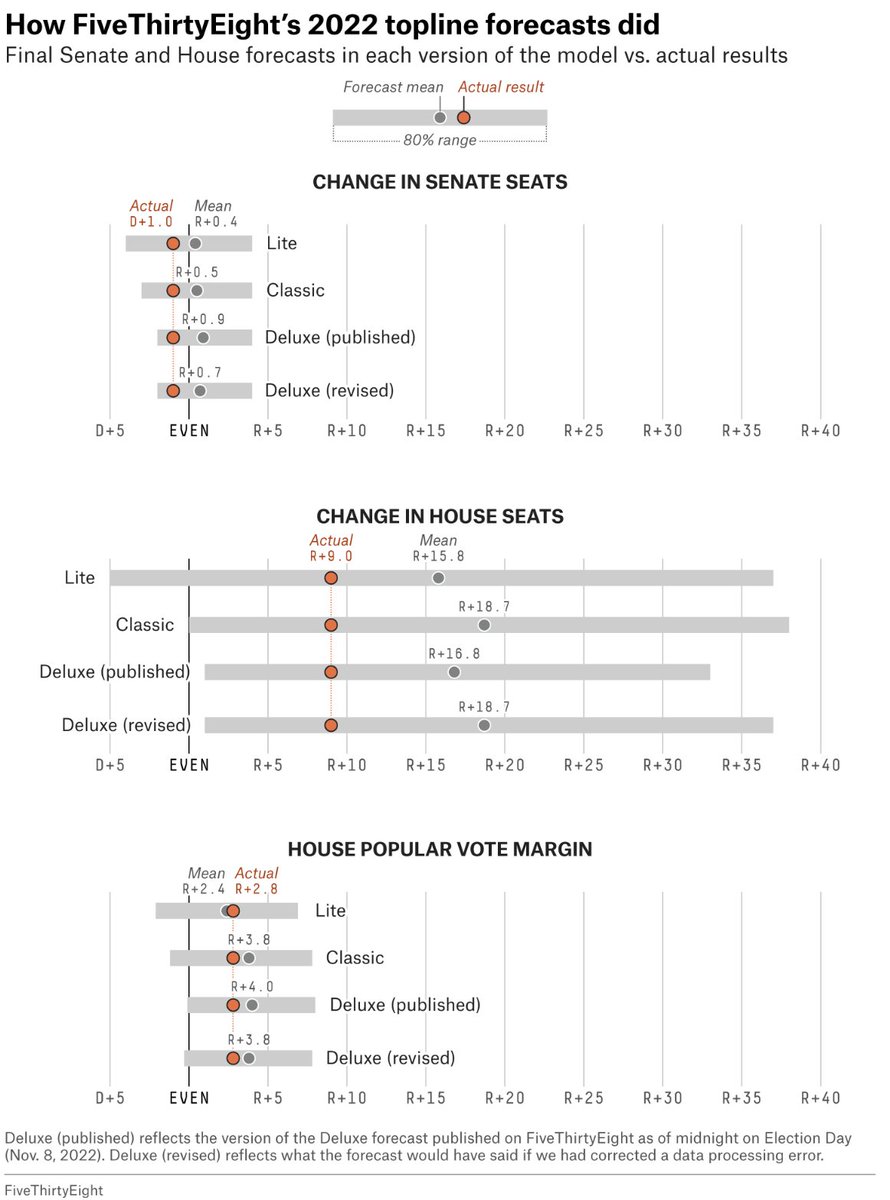
This is so refreshingly honest. The Bad People thought the lab leak might be true, therefore as journalists we couldn't be expected to actually evaluate the evidence for it. 

The reason this drives me up the wall is that if you're ever going to pretend that "misinformation" is a useful category, at least acknowledge it was a massive error to label lab leak discussion as "misinformation" when multiple US government agencies now put the chances ≥50%.
• • •
Missing some Tweet in this thread? You can try to
force a refresh







